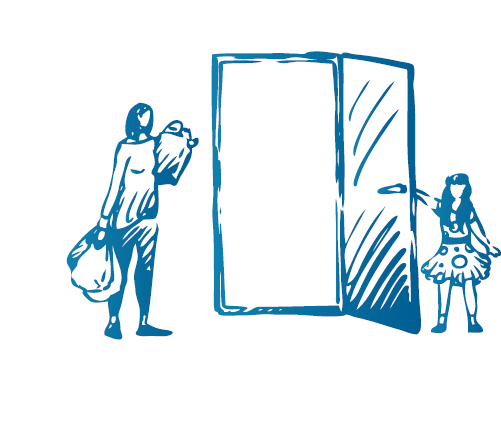This Course Will Change Your Life
How a Harvard professor guides his students on the basis of decision making and good Judgment.
Picture a world where human relationships are challenging, narcissism and self-centeredness are on the rise, and there is disagreement on the best way for people to live harmoniously together.
It sounds like 21st-century America. But the society that Michael Puett, a tall, 48-year-old bespectacled professor of Chinese history at Harvard University, is describing to more than 700 rapt undergraduates is China, 2,500 years ago.
One of the most popular courses on campus, students are lured in by Puett’s bold promise: “This course will change your life.”
His students tell me it is true: that Puett uses Chinese philosophy as a way to give undergraduates concrete, counter-intuitive, and even revolutionary ideas, which teach them how to live a better life.

Puett puts a fresh spin on the questions that Chinese scholars grappled with centuries ago. He requires his students to closely read original texts (in translation) such as Confucius’s Analects, the Mencius, and the Daodejing and then actively put the teachings into practice in their daily lives. His lectures use Chinese thought in the context of contemporary American life to help 18- and 19-year-olds who are struggling to find their place in the world figure out how to be good human beings, how to create a good society, how to have a flourishing life.
Puett began offering his course to introduce his students not just to a completely different cultural worldview but also to a different set of tools.
Puett tells his students that being calculating and rationally deciding on plans is precisely the wrong way to make any sort of important life decision. The Chinese philosophers they are reading would say that this strategy makes it harder to remain open to other possibilities that don’t fit into that plan. Students who do this “are not paying enough attention to the daily things that actually invigorate and inspire them, out of which could come a really fulfilling, exciting life,” he explains. Puett aims to open his students’ eyes to a different way to approach everything from relationships to career decisions.
He teaches them that the smallest actions have the most profound ramifications. Confucius, Mencius, and other Chinese philosophers taught that the most mundane actions can have a ripple effect, and Puett urges his students to become more self-aware, to notice how even the most quotidian acts—holding open the door for someone, smiling at the grocery clerk—change the course of the day by affecting how we feel.

From a Chinese philosophical point of view, these small daily experiences provide us endless opportunities to understand ourselves. When we notice and understand what makes us tick, react, feel joyful or angry, we develop a better sense of who we are that helps us when approaching new situations. Aristotle said, “We are what we repeatedly do,” a view shared by thinkers such as Confucius, who taught that the importance of rituals lies in how they inculcate a certain sensibility in a person.
Americans tend to believe that humans are rational creatures who make decisions logically, using our brains. But in Chinese, the word for “mind” and “heart” are the same. Puett teaches that the heart and the mind are inextricably linked, and that one does not exist without the other. Whenever we make decisions, from the prosaic to the profound (what to make for dinner; which courses to take next semester; what career path to follow; whom to marry), we will make better ones when we intuit how to integrate heart and mind and let our rational and emotional sides blend into one.
Recent research into neuroscience is confirming that the Chinese philosophers are correct: Brain scans reveal that our unconscious awareness of emotions and phenomena around us are actually what drive the decisions we believe we are making with such logical rationality. According to Marianne LaFrance, a psychology professor at Yale, if we see a happy face for just a fraction of a second (4 milliseconds to be exact), that’s long enough to elicit a mini emotional high. In one study viewers who were flashed a smile—even though it was shown too quickly for them to even realize they had seen it—perceived the things around them more positively.
If the body leads, the mind will follow. Behaving kindly, even when you are not feeling kindly, or smiling at someone, even if you aren’t feeling particularly friendly at the moment, can cause actual differences in how you end up feeling and behaving, even ultimately changing the outcome of a situation.

“Great things begin with the very smallest of acts.”
CHINESE PROVERB